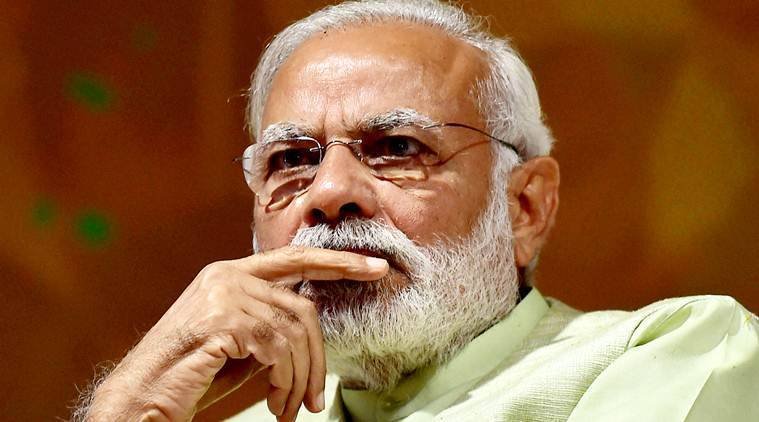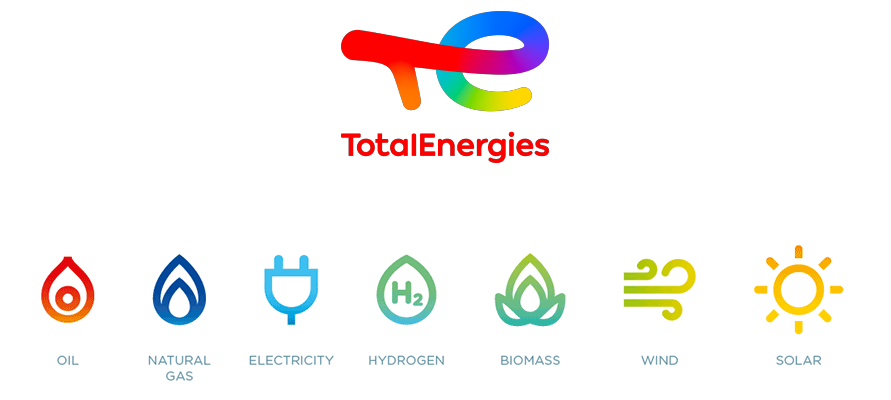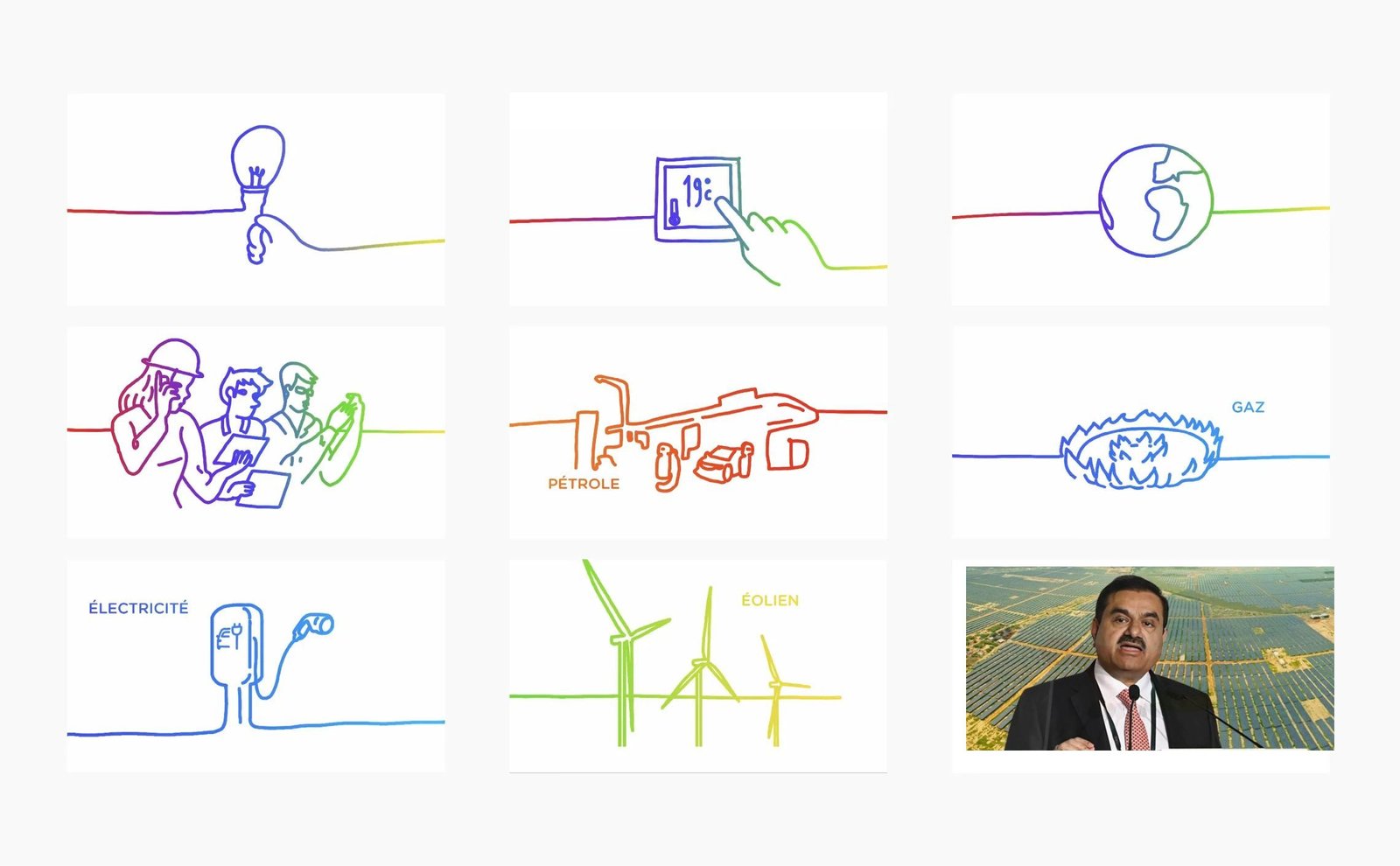Total Energies, a French multinational, placed its big green hydrogen project with the Adani group on hold in less than two weeks after the Indian business was shaken by charges of fraud.
The transaction, which is part of a plan that would see billionaire Gautam Adani’s clean energy firm invest US$50 billion (S$66.4 billion) in emissions-free fuels over the next decade, is in limbo, due to explosive charges of short-seller Hindenburg Research.

The consequences are unlikely to be restricted to the Adani empire. The uproar over the group’s business practices – which grew from transportation infrastructure to become one of the country’s largest investors in renewable energy – implies that Indian corporate governance will be scrutinized more broadly.

India’s energy transition investment already lags behind that of other major countries, and rising global interest rates are increasing the cost of capital, while the Inflation Reduction Act pulls clean energy investors to the United States and its free trade agreements. offering greater chances for partners.
All of this complicates Prime Minister Narendra Modi’s ambition of propelling India to the forefront of climate action.
The government’s goal of tripling clean power capacity by the end of the decade is becoming increasingly difficult to achieve due to Adani like episodes. New Delhi plans to expand the existing 169 gigawatts (GW) to 500GW by 2030, increasing India’s share of the total from 41 percent to almost two-thirds, a significant step toward net zero by 2070.

The government’s goal of tripling clean power capacity by the end of the decade is becoming increasingly difficult to achieve. New Delhi plans to expand the existing 169 gigawatts (GW) to 500GW by 2030, increasing India’s share of the total from 41 percent to almost two-thirds, a significant step toward net zero by 2070.
If it fails to meet this aim, the world’s third largest emitter will be compelled to rely on coal for an extended period of time. This is bad news for a fast warming globe, as well as for an Indian economy seeking investment from global corporations under pressure to decarbonize their supply chains.
Reference- The Hindu, Economic Times, Hindustan Times, Mercom India, Money Control






